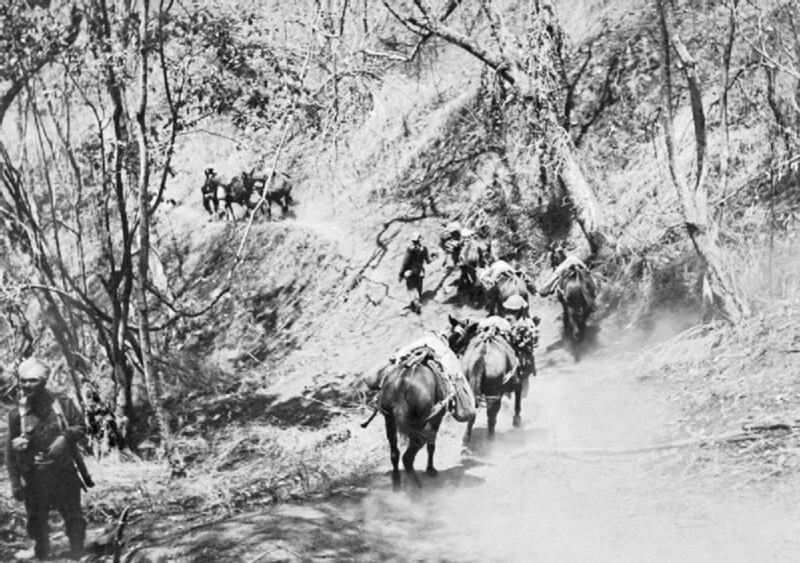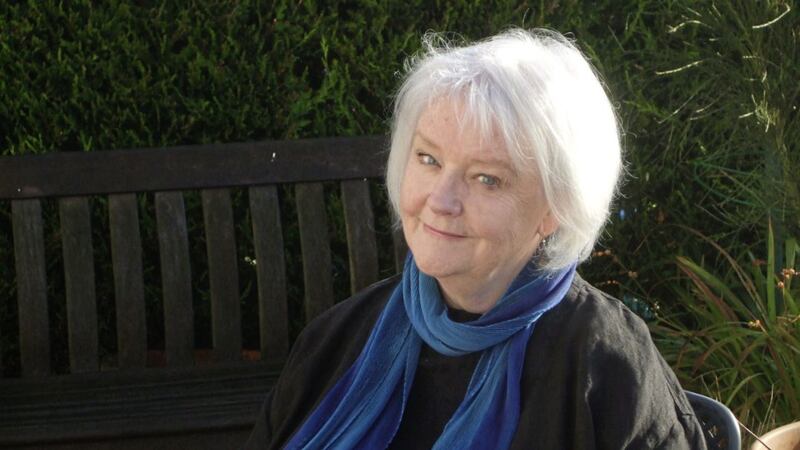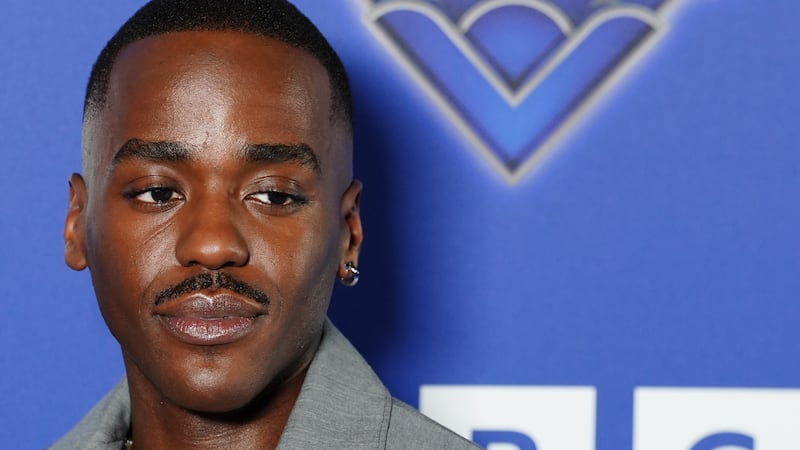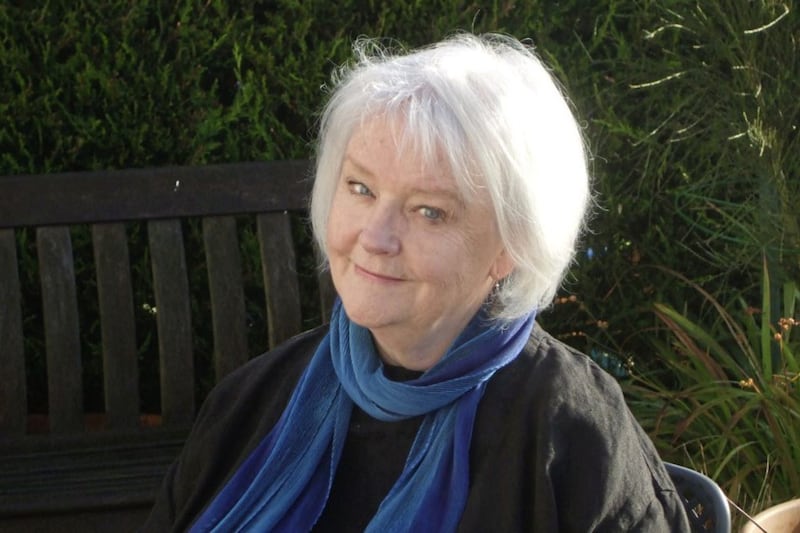THE psychological costs of war are revealed in Sheila Llewellyn’s debut novel, Walking Wounded. A work of fiction, set in the context of real events which took place in 1940s psychiatry, it has been favourably compared to Pat Barker’s Regeneration trilogy – quite a feat for someone who didn’t start writing until her 60s.
Having had a lifelong ambition to “write a book”, Sheila has changed career numerous times and amassed seven degrees. She obtained her first degree in Manchester, where she met her husband of 50 years – an engineering student from Enniskillen. One of her first jobs abroad was in Iran, teaching English to professionals; she arrived just as the revolution against the Shah was beginning, in 1978.
"I had further stints with the British Council in Zambia and Singapore, before working for a publisher in Germany, writing teaching material for the English language,” recalls Sheila.
But it was her decision to take a psychology degree with the Open University which changed her life.
"I became so interested in how people reacted to emotional upheaval. I didn't realise it at the time, but I think the Iranian experience had a huge personal impact on me and I hadn’t really dealt with it,” explains Sheila, who specialised in post-traumatic stress disorder (PTSD).
Following her husband's retirement, the couple set up home in Enniskillen, and Sheila found herself helping victims of the Troubles deal with their psychological damage.

While rewarding, Sheila admits that dealing with traumatised people is also difficult for a therapist.
“Therapy can be a catch 22 situation. If you are not affected by the job you shouldn't be doing it as you are not processing what they are going through. However, if you show too much empathy, that is damaging."
As an anecdote to her day job, Sheila enrolled in a degrees in Classics with the Open University in Northern Ireland.
"It was just sheer indulgence," enthuses Sheila. But it was another decision that would change her career path once again. “It made me fall in love again with literature, poetry and drama and triggered off that desire I had to write."
A writing course with Malachi O’Doherty and an invitation to the Wednesday Writers Group at Queen’s University followed, where poets Ciaran Carson and Sinead Morrissey recognised and encouraged her talent.
Her first radio drama won the PJ O'Connor RTÉ Radio One Drama Award and the New York International Radio Silver award, while her short short stories have been shortlisted for the Seán Ó Faoláin, and Hilary Mantel prizes.
To hone her writing skills, Sheila once again turned to academia, completing a PhD at the Seamus Heaney Centre for Poetry at QUB. Her doctorate focused on how authors use primary sources in their narratives and the ethical consequences of doing so. It was a process she applied to her own novel, Walking Wounded.
Set in Northfield military psychiatric hospital in 1947, it interweaves the stories of resident psychiatrist Daniel Carter and his newest patient, Burma campaign veteran David Reece. He has what was once known as battle neurosis: crippling anxiety, flashbacks and debilitating depression, stemming for his time spent in guerrilla warfare.
At Northfield he befriends other casualties, among them a deserter from the north Africa and Normandy campaigns called John Bain (the real name of poet Vernon Scannell,whose poem Walking Wounded gives Sheila’s novel its name).
"I wanted to write about the legacy of people who have, through war or civil conflict, made difficult decisions and the consequence of those decisions," says Sheila, who undertook extensive research for the book.
But was the discovery of an article in The Lancet medical journal archives from 1947 that provided the central focus for the novel.
"I read about the first known case study of a Second World War veteran who underwent a leucotomy as a treatment for mental illness. I was shocked that surgeons would cut fibres from within a person's brain because they are deemed shallow and depressed."
As well as looking at the debate around electro-convulsive therapy, Sheila's novel highlights the positive impact of innovative therapy work by Lawrence Bradley, thought of as the "founding father of art therapy".
Sheila admits Walking Wounded was a difficult write, not just because it contains some of the most graphic descriptions of brain surgery likely to be found outside a medical textbook, but also become of her personal connection to the subject.
"My father served in Burma during the war," she says, "and had sent home letters and journals from the front line to my grandma."
While she doesn’t believe her dad suffered from PTSD, she admits it impacted upon his life decisions – including moving their family to British Guiana (now Guyana), where he was involved in clearing jungle land for housing and working with civil engineers to make roads.
"For people who have been in situations like war, it changes their sense of what life is about for them and what they are willing to put up with, which can lead them to leading a totally different life.”
:: Walking Wounded by Sheila Llewellyn is published by Sceptre. Sheila will be in conversation with Malachi O’Doherty on July 26 at Armagh’s Market Place Theatre as part of The John Hewitt International Summer School. For full programme and booking, visit Johnhewittsociety.org



